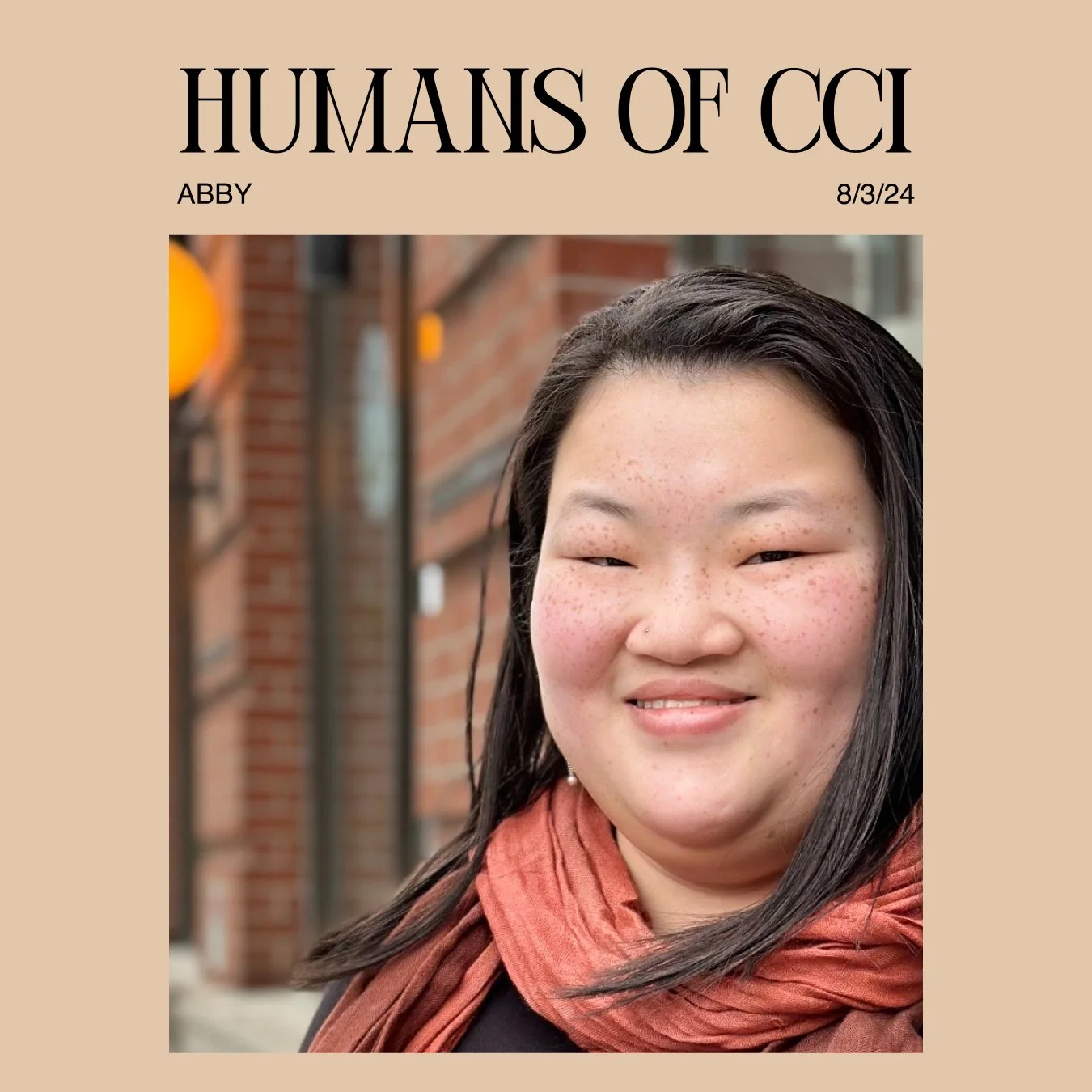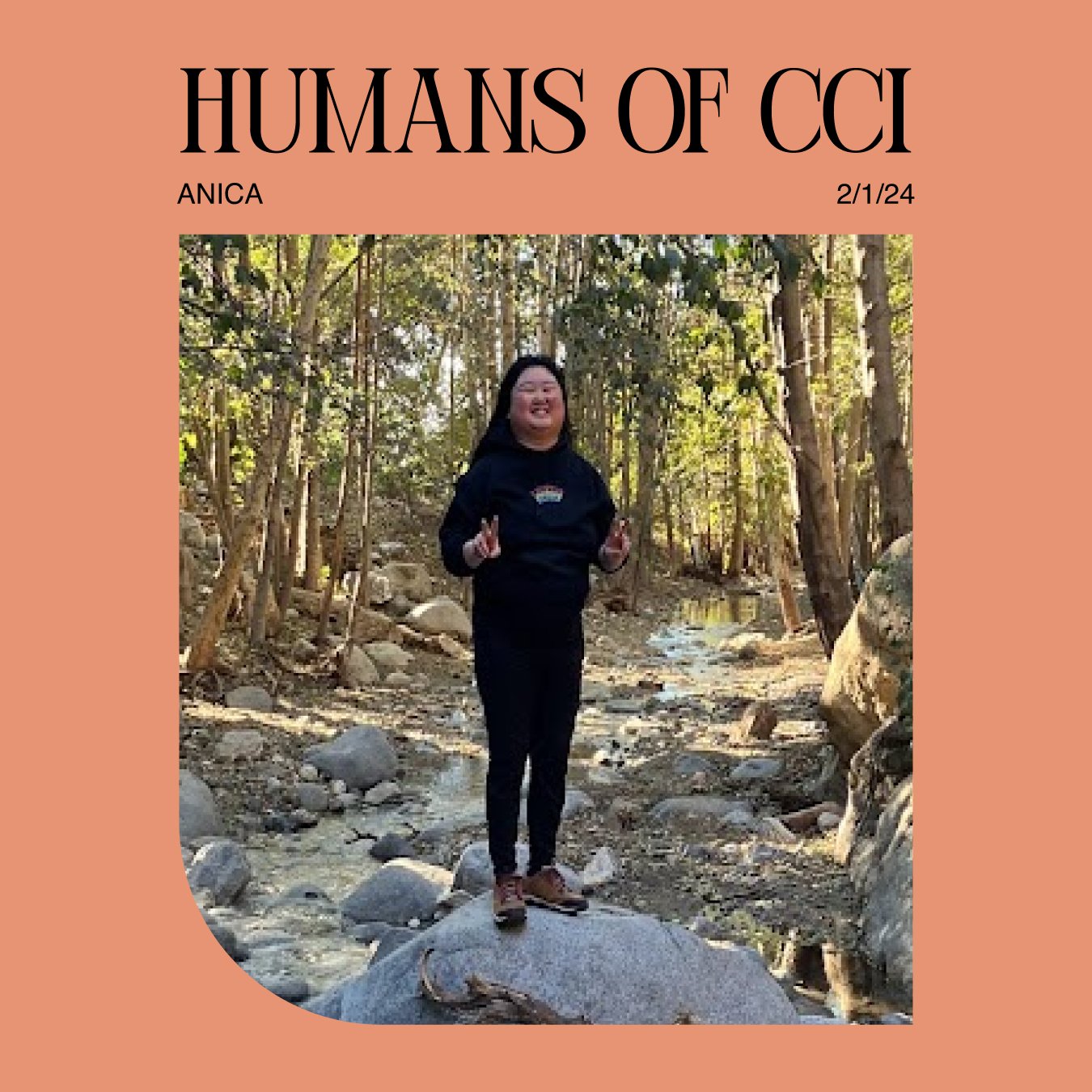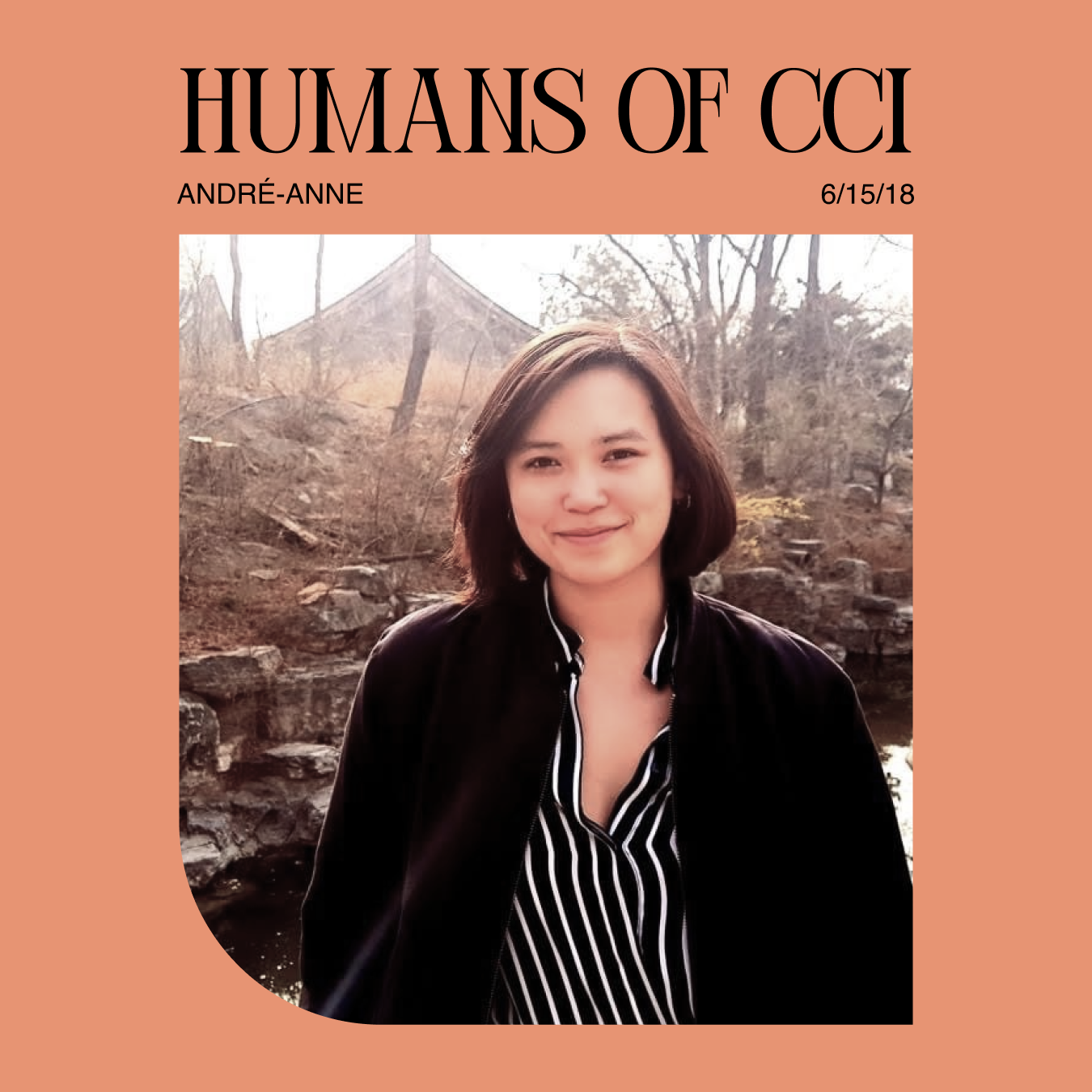“How can organizations like [CCI] get the word out? I feel like there may be many adoptees out there where it hasn’t crossed their mind that there is a community out there for them. Until six months ago, I didn’t even think to search social media for a Chinese adoptee community!”
At one point, Grace had seven legal names. As an adult, she switched out from having seven legal names to parenting seven adorable pets (who also have their own social media accounts… check them out @zoomiandlolathecorgis). Besides taking care of her household of animals, Grace, who was adopted in 1996 from the Xi’an province in China, is passionate about her job as a Project Manager. Grace’s drive throughout her time at school and in her career has allowed her to have a dynamic trajectory through different companies and roles. After graduating with a triple degree in marketing, international business, and Chinese, Grace has held positions at different companies ranging from customer service and international shipping to her current role as a logistics project manager. These positions enabled her to make friends across the world and ignited a passion for travel!
Grace was able to visit China in HS and college with her Chinese language class. She got her first taste of travel abroad when studied abroad in Shanghai for four months. For someone who had gone to college close to home, the experience of living independently in a completely new country pushed Grace out of her comfort zone. This allowed her to do things such as take a layover in Dubai as an opportunity to meet up with colleagues who worked there. This, of course, being a side quest in her trip to Indonesia. Most recently, she has kept her travel domestic with her work taking her to San Francisco. There, she connected with distant relatives who met her parents on their layover to China to adopt Grace. She even brought the original video to show them, surprising the man who had welcomed Grace to America some 29 years earlier!
Grace’s search for an adoptee community was sparked about six months ago by an adoptee’s TikTok. Although she has kept connections with the other girls adopted with her, it had never crossed Grace’s mind before to search out adoption communities beyond her original adoptee group. Noting that she thought adoptees were often only children as well, Grace was surprised to connect with adoptees who had siblings, some who were also Chinese adoptees! The increased ubiquity of social media today means shared online spaces are much more readily available to today’s young adoptees. Grace advises young adoptees to seek these resources out, noting she would have greatly benefitted from a mentorship program and communal space to share personal experiences and feelings unique to transnational and transracial adoptees. As an adoptee, she also feels open to adopting her own children one day. In the meantime, her heart is full with her three dogs and four cats!





















